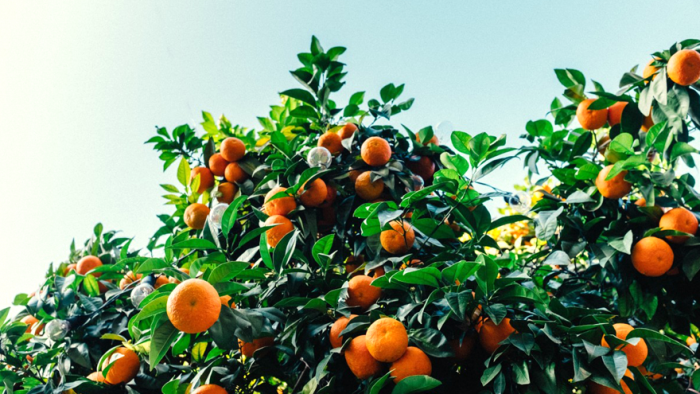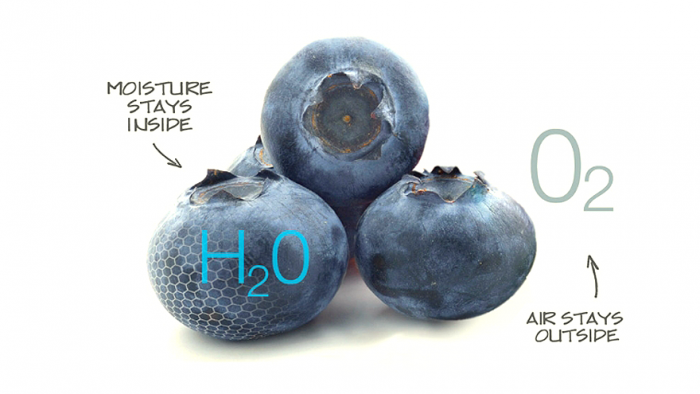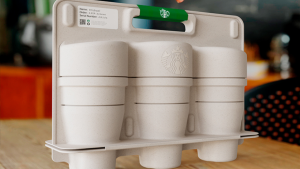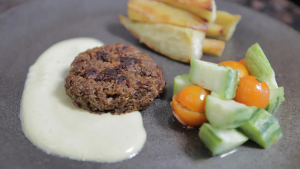Food design studio Apeel Sciences has recently perfected Edipeel, an organic way to keep food from rotting for much longer. It is designed to address the problem of spoilage in the food industry, providing a healthy way to keep food items fresh where refrigeration is unavailable. Edipeel is an invisible layer of plant extracts which at the very least, doubles the lifespan of fruits and vegetables.
Founder and CEO of Apeel Sciences, James Rogers, wanted to tackle the lesser known problem of food shortage in the world when he started working on Edipeel. While investigating the issue of waning food supply in the face of growing populations around the world, Rogers discovered that it’s not so much about producing enough calories to sustain the planet as it is about keeping what we do harvest, fresh for long enough for it to be transported easily. Our food perishes and becomes inedible through oxidation and water loss over time.
The new design represents a barrier against this process as Edipeel forms a thin micro-climate around each piece of food.
An orange, for example, is suspended in its own temperature bubble that keeps oxygen outside. By locking moisture in and keeping air out at the same time, Edipeel stops the bacterial rot from taking hold. Since 2012, the team of scientists at Apeel have been experimenting with concentrated oils from different kinds of food that have hygienic properties, such as the acidity of citrus. The end result of their food engineering is a fine powder that is moisturised with water and then sprayed onto the peel of fruits. It dries quickly, forming an additional, insulating layer over the food.
Rogers set out to create a product for postharvest protection using natural materials exclusively.
“We’re looking at it from this perspective of: how do we work with nature to solve this problem the right way — not the fast way, not the cheap way, not the way that sacrifices the long-term health of the planet, but how do we solve this with the toolset nature has provided us?” he told Inhabitat.
The materials used to create Edipeel are in abundance around us, according to Rogers, who emphasised a chemical-free (yet finely tuned in a laboratory) method to extend the lifespan of fresh produce.
“We’re not looking for any weird botanical extract from some crazy flower in the Amazon,” Rogers said. “The materials we need are ubiquitous. If it grows above the surface of the Earth, basically we can use it to create our formulations. The materials we’re using are all inert materials. They don’t have any action in and of themselves; they’re just structural. We recompose that structure on the outside of produce.”
Since having to throw food out is a costly detractor in the restaurant and food market industry, Apeel Sciences aims to save people money in addition to fruits and vegetables.
“If you’re a retailer and you’re throwing away eight percent of your avocados, we’re able to price our product such that by buying Edipeel, you’re still going to save more money than otherwise.”








